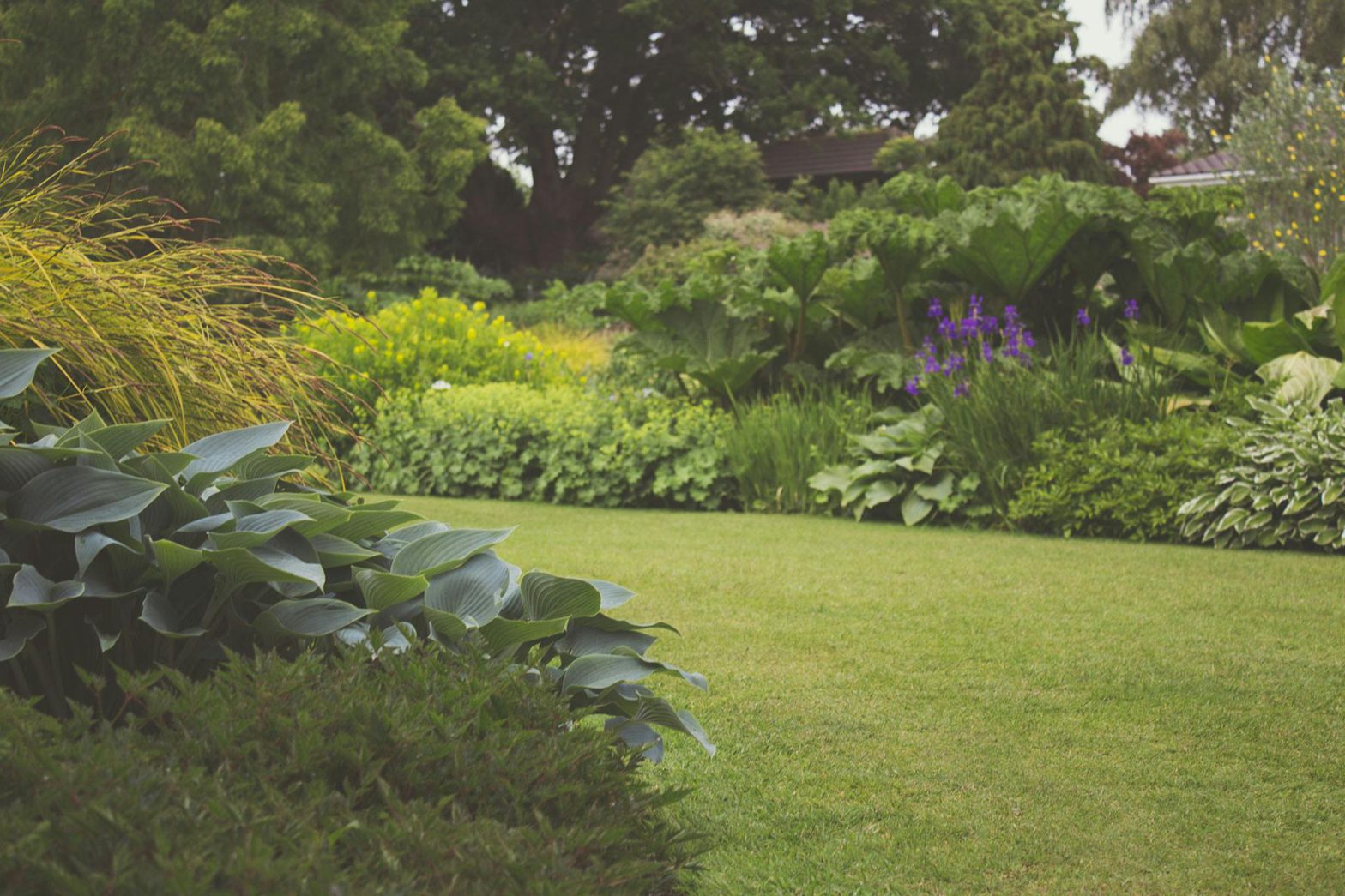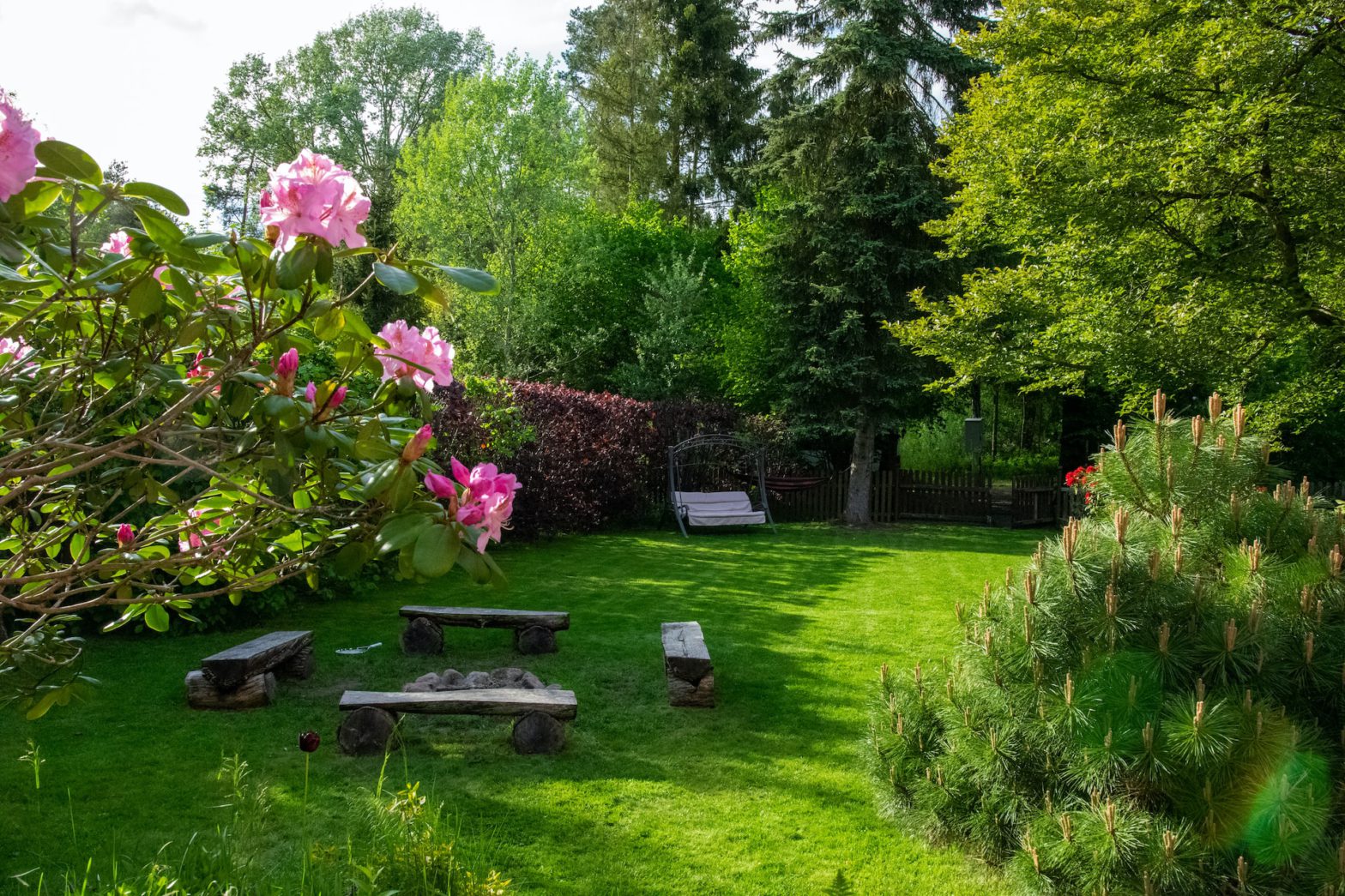
November, 15, 2023
Pest-Free Landscaping – Expert Tips for Houston Homeowners to Deter Rodents
As a Houston homeowner, creating an outdoor space free from rats, mice, and other unwelcome rodents can be challenging. Proper landscaping design and maintenance are vital to ensuring your yard remains an enjoyable oasis, rather than a haven for pests. In our comprehensive guide, “Rodent-Proof Landscaping: How Houston Homeowners Can Create a Pest-Free Outdoor Space,” we’ll walk you through essential techniques and principles for establishing a rodent-resistant landscape that discourages pests from taking up residence.
In this guide, you’ll learn valuable tips on choosing the right plants, organizing your yard for optimal pest prevention, and incorporating strategic deterrents for a safer, more enjoyable outdoor environment. With our expert advice on rodent-proof landscaping, you’ll transform your Houston property into a peaceful, pest-free sanctuary where you and your family can relax and unwind.
Rodent-Proof Landscaping: How Houston Homeowners Can Create a Pest-Free Outdoor Space
1. Plant Selection: Choose Wisely to Discourage Rodents
The vegetation you choose for your yard plays a crucial role in deterring rats and mice:
- Avoid fruit trees: Rodents are attracted to fruit trees, so consider planting alternative tree species or ensure to pick up fruit regularly.
- Eliminate ground cover: Thick ground cover such as ivy can provide shelter for rodents. Opt for low-growing plants or mulch to reduce hiding places.
- Limit dense shrubbery: Dense vegetation provides ideal nesting sites for rodents. Trim bushes and hedges to improve visibility and discourage nesting.
2. Yard Organization: Create a Less Inviting Environment for Pests
Strategically organizing your yard helps minimize pest activity:
- Trash management: Secure garbage cans with tight-fitting lids and utilize compost bins with rodent-proof designs.
- Storage optimization: Store firewood, lumber, and other materials at least 18 inches off the ground and away from structures to reduce nesting opportunities.
- Outdoor dining: Clean up food scraps and spills promptly, and cover outdoor eating areas when not in use to minimize food sources for rodents.
- Water features: Make sure ponds, fountains, and other water features are maintained to discourage rodents from accessing water.
3. Proper Yard Maintenance: Keep Your Landscape Rodent-Free
Regular yard maintenance is essential for discouraging rodent activity:
- Mowing and trimming: Keep grass short and trim overgrown vegetation to eliminate potential hiding spots for rodents.
- Clear debris: Remove leaf litter, fallen branches, and other yard waste to reduce potential nesting materials.
- Pest inspection: Regularly inspect your property for signs of rodent activity, such as burrows, droppings, or gnaw marks, and address any issues promptly.
4. Wildlife Deterrence: Implementing Rodent Barriers and Repellents
Integrating rodent barriers and repellents can further safeguard your outdoor space:
- Fencing: Install a rodent-proof fence, ensuring the bottom is buried at least 6 inches underground to prevent burrowing.
- Tree guards: Place tree guards or metal collars around tree trunks to prevent rodents from climbing and accessing roofs and other structures.
- Natural repellents: Plant natural rodent-repelling vegetation, such as mint or lavender. Additionally, you can use products containing predator urine or commercially available rodent repellents.
5. Seal Off Access Points: Protect Your Home from Rodent Intruders
While focusing on the yard, don’t forget to safeguard your home by sealing potential entry points:
- Structural gaps: Close gaps and holes around windows, doors, utility lines, and vents using materials like steel wool, hardware cloth, or caulk.
- Roof access: Trim tree branches that overhang your roof and install a chimney cap to minimize rodent access points.
- Door sweeps: Install door sweeps on exterior doors to eliminate gaps that rodents could use for entry.
6. Maintain Pet Areas: Keep Rodents at Bay with Clean Pet Spaces
Pets can attract rodents, so maintain your pet’s outdoor areas to reduce pest activity:
- Clean feeding zones: Remove pet food bowls when not in use, and clean up any spilled food or water immediately.
- Proper pet waste disposal: Regularly clean up pet feces and dispose of it securely to minimize rodent attraction.
- Enclosed kennels: If pets are housed outdoors, build a secure and raised kennel to keep them protected from rodents.
7. Working with Your Neighbors: Collaborative Efforts for a Pest-Free Community
Collaborating with your neighbors can yield the most effective results in your rodent control efforts:
- Sharing information: Inform neighbors about your efforts and share valuable tips on rodent-proof landscaping to create a collectively pest-free environment.
- Joint property maintenance: Work together to keep adjacent properties free of debris and overgrown vegetation, reducing overall rodent populations.
- Pest control resources: If rodent issues persist, join forces with neighbors to enlist professional help, such as hiring a pest control service to handle a shared problem.
By following these tips, you can create a rodent-proof landscape, promoting a healthier and more enjoyable outdoor space for you and your Houston neighbors.
Conclusion
Understanding bed bug biology, behavior, and prevention strategies for your home are essential in maintaining a comfortable and bed bug-free living environment. However, professional bed bug control services like Conquest Pest Services are crucial in ensuring total eradication and prevention against reinfestation. With our proven track record, Houston residents can rest easy knowing that our comprehensive bed bug treatment in Pearland and prevention plans will keep their homes and families safe from bed bugs
Don’t let bed bug problems take control of your life. Contact Conquest Pest Services today to schedule an inspection, receive professional recommendations, and reclaim your peaceful night’s sleep. Partner with us and say goodbye to bed bug worries once and for all.








